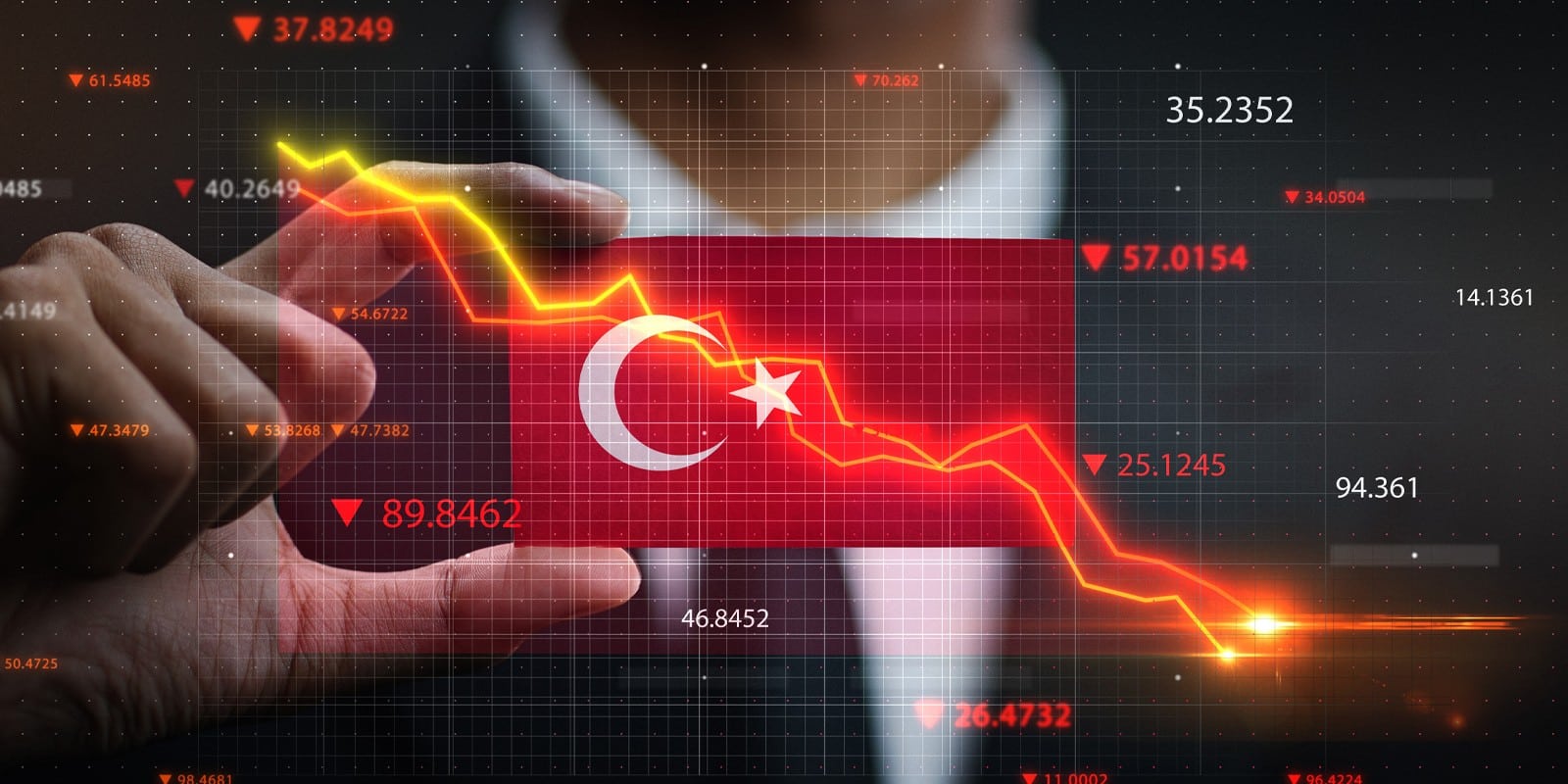Inflation slowed in December in Turkey for the second consecutive month, to 64.3% over one year against 84.4% in November, according to official data published on Tuesday.
This decline in inflation in Turkey is, however, explained by a “base effect”, prices having continued to rise over the last two months, but less sharply than a year earlier. Inflation in Turkey, fueled by the almost continuous fall in the Turkish lira, had reached 85.5% over twelve months in October, at a level not seen since June 1998, before slowing down in November for the first time in eighteen months.
The official figures are however disputed by independent economists from the Inflation Research Group (Enag), according to which the rise in prices stood at 137.5% year-on-year in December, against 170.7% in November . “Our goal is to bring our country back to single-digit inflation rates next year” in 2024, Turkish President Recep Tayyip Erdogan said last week, who already promised in January 2022 to bring inflation back below. 10% “as soon as possible”.
The head of state, who will seek re-election next spring, says he favors growth and employment over price stability, but his monetary policy has been heavily criticized by economists. In accordance with Recep Tayyip Erdogan’s wishes, the Turkish central bank lowered its main interest rate four times in the second half of 2022, the Head of State believing – contrary to traditional economic theories – that high interest rates promote inflation. But this policy contributed to fueling the fall of the Turkish lira and to increasing the cost of living, which had become difficult to bear for part of the population.
In this context, and less than six months before the presidential and legislative elections, the Turkish minimum wage was raised for the third time in a year on January 1, by 55%, to 8,500 Turkish liras (455 dollars). President Erdogan also announced on Tuesday a 25% increase in the salaries of civil servants and pensions, increases which will themselves feed inflation in Turkey, according to economists.




Comments are closed